The Pink City of the country is the hub of bandhani, leather jootis, and Royal mahals. My last visit to this place was when I was five and after obsessing about the majestic mahals and laal maas, I finally went back for a taste of royalty.
DAY 1
Opposite Polovictory Cinema, Station Road, Sindhi Camp, Jaipur
As soon as we landed and checked into the hotel, we headed straight to Rawat Mishthan Bhandaar to gobble on some crispy Pyaaz ki kachauris.
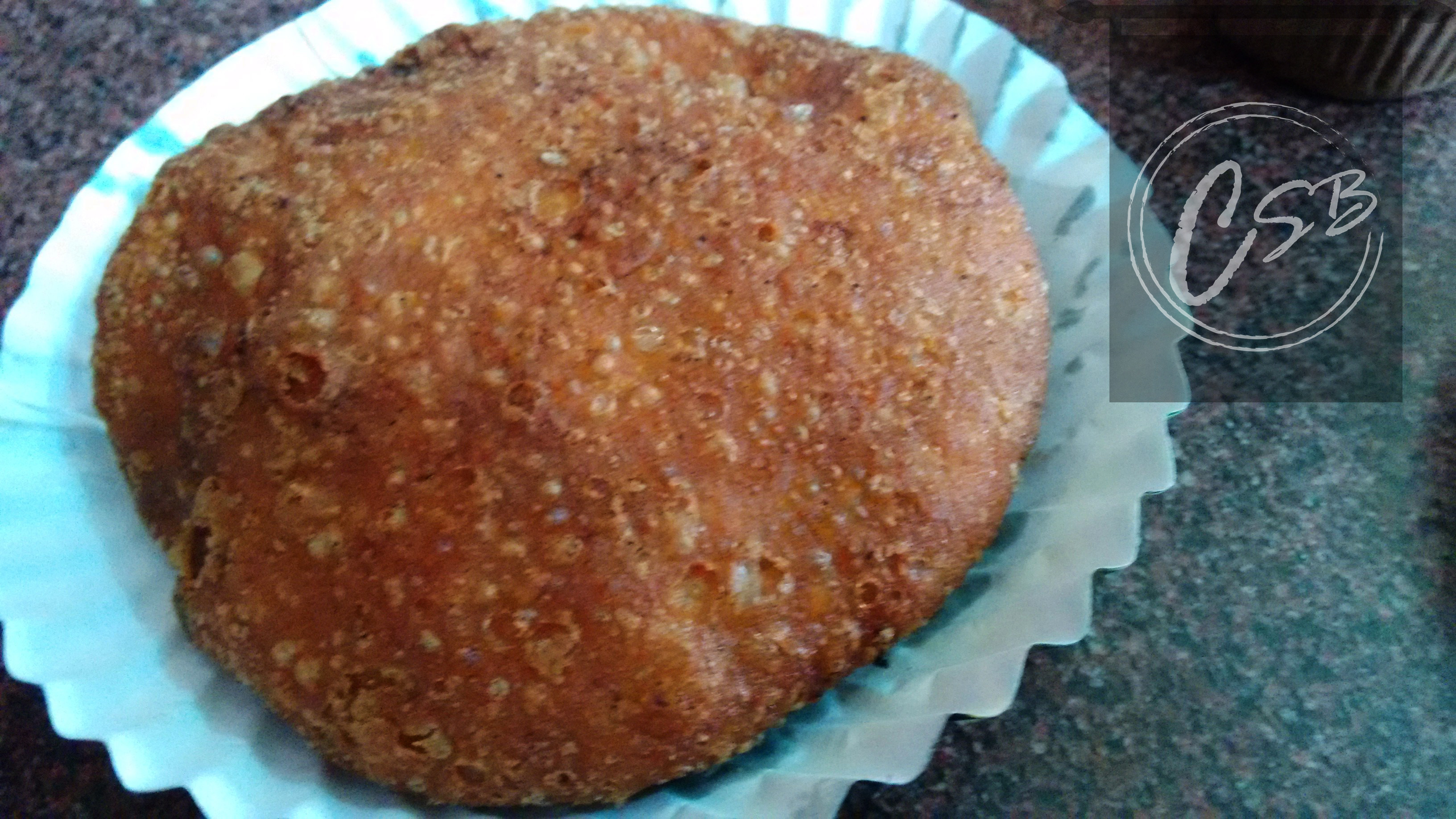
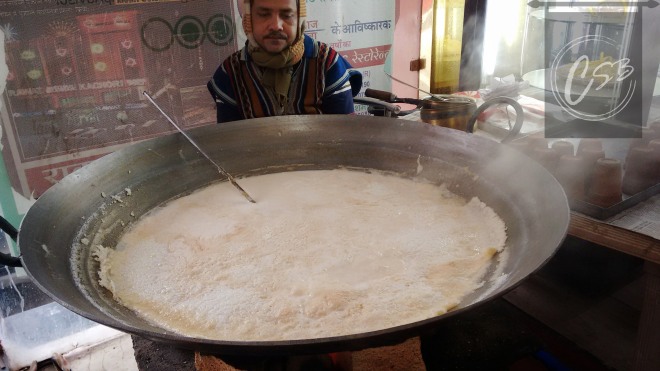
City Palace
Jalebi Chowk, Tripolia Bazaar, Jaipur
The City Palace of Jaipur was built in the 18th C and owes much of its design to a long-running Rajput palace tradition. The City Palace is maintained by the Royal Family of Jaipur. You can either choose to visit the Museum with all the armor and costumes. Or choose the more personalized tour of the Royal chambers.

Read more about the City Palace – http://msmsmuseum.com/
Jantar Mantar
Between 1727 and 1734 Maharajah Jai Singh II of Jaipur constructed five astronomical observatories in west central India. The observatories, or “Jantar Mantars”, incorporate multiple buildings of unique form. Each with a specialized function for astronomical measurement. These structures with their striking combinations of geometric forms at large scale have captivated the attention of architects, artists, and art historians worldwide.
Read more – http://www.jantarmantar.org/

Hawa Mahal
The renowned ‘Palace Of The Winds’, or Hawa Mahal, is one of the prominent tourist attractions in Jaipur city. Located in the heart of Jaipur, this beautiful five-story palace was constructed in 1799 by Maharaja Sawai Pratap Singh. Considered as an embodiment of Rajputana architecture. The main highlight of Hawa Mahal is its pyramid shape and it’s 953 windows or ‘Jharokhas’ which are decorated with intricate designs. You can climb up to the fifth-most tower and take the view of the city as the Queens used to.

Chokhi Dhani
Chokhi Dhani is set up just a little outside of Jaipur and is a beautiful city of its own accord. Now converted to a Five Star Resort, Chokhi Dhani is huge and breathtaking. As the sun goes down, the whole place lights up with traditional lanterns. The feet tapping music starts and the traditional dance performers charm you with their art. You can indulge in Camelback and Elephant back rides, visit the museum, go boating, try your hand at pottery, shop from the tiny Haat or visit the beautiful recreations of the Royal Rajasthan history.
Chokhi Dhani offers a traditional sit-down Rajasthani meal served with utmost love and warmth. In a plate made of dried leaves, called Pattal, the way they used to dine in the olden times, an assortment of dishes are served with as many refills as you like.
DAY 2
Amer Fort
The Amer Fort was built by ‘Raja Shri Maan Singh JI Saheb’ in the 16th century. This gigantic fort is a stunner. My recommendation is that you hire a guide, a government trusted one to show you around. With a lot of structures perfectly preserves, the Sheesh Mahal undoubtedly is the most famous and beautiful part of Amber Fort. The most stunning thing about this hall is that if someone burns two candles, then the reflection converts that small light into thousands of stars.
Read more about Amber Fort – http://www.amberfort.org/amber-fort/things-to-view-in-amber-fort

Jal Mahal
Many mysteries continue to surround the pleasure palace of Jal Mahal. It is known to be about 300 years old, but its precise date of construction remains undiscovered. Little else is known about this palace with no chambers. Just a pavilion with a terrace garden, built in the Rajasthani tradition of ‘island resorts’ or ‘water palaces’ where royal families would seek their ‘pleasure’.
Read more – http://www.jaltarang.in/jal_mahal.html
Handi
Mud art on the walls with small mirrors, bamboo stick lined roof and very traditional, kuccha house style interiors. We quickly ordered a portion of the Jaisalmeri laal maas and bajre ki roti and roomali roti in the bread basket. Followed by steamed rice to combat the mounting spices of the laal maas.

Albert Hall Museum
Albert Hall Museum finds its origins with the then Prince of Wales, Albert Edward to Jaipur. The 200-year-old museum houses a great collection of traditional art forms. This is also famous for one of the innumerable number of pigeons that this place attracts.
Read more – http://alberthalljaipur.gov.in/
DAY 3
Birla Mandir
The Birla Temple, originally known as Lakshmi Narayan Temple, is situated below the Moti Dungri Fort in Jaipur. Built in pure white marble, the Birla Temple is unlike the traditional ancient Hindu temples and is built with a modern approach. Apart from the religious idols, pictures and figures of several religious saints, philosophers and historical achievers, are also included in the temple. A work of art, this temple truly represents architectural beauty, in a modern form.
Jaipur is a beautiful place and if you are in the mood for some shopping, do hit the Jauhri Bazaar, we, however, weren’t, so slept in at the Hotel for a while before checking out.
Must-Dos – Gorge on Laal Maas, Visit Amer Fort, and Chokhi Dhani. WOW.
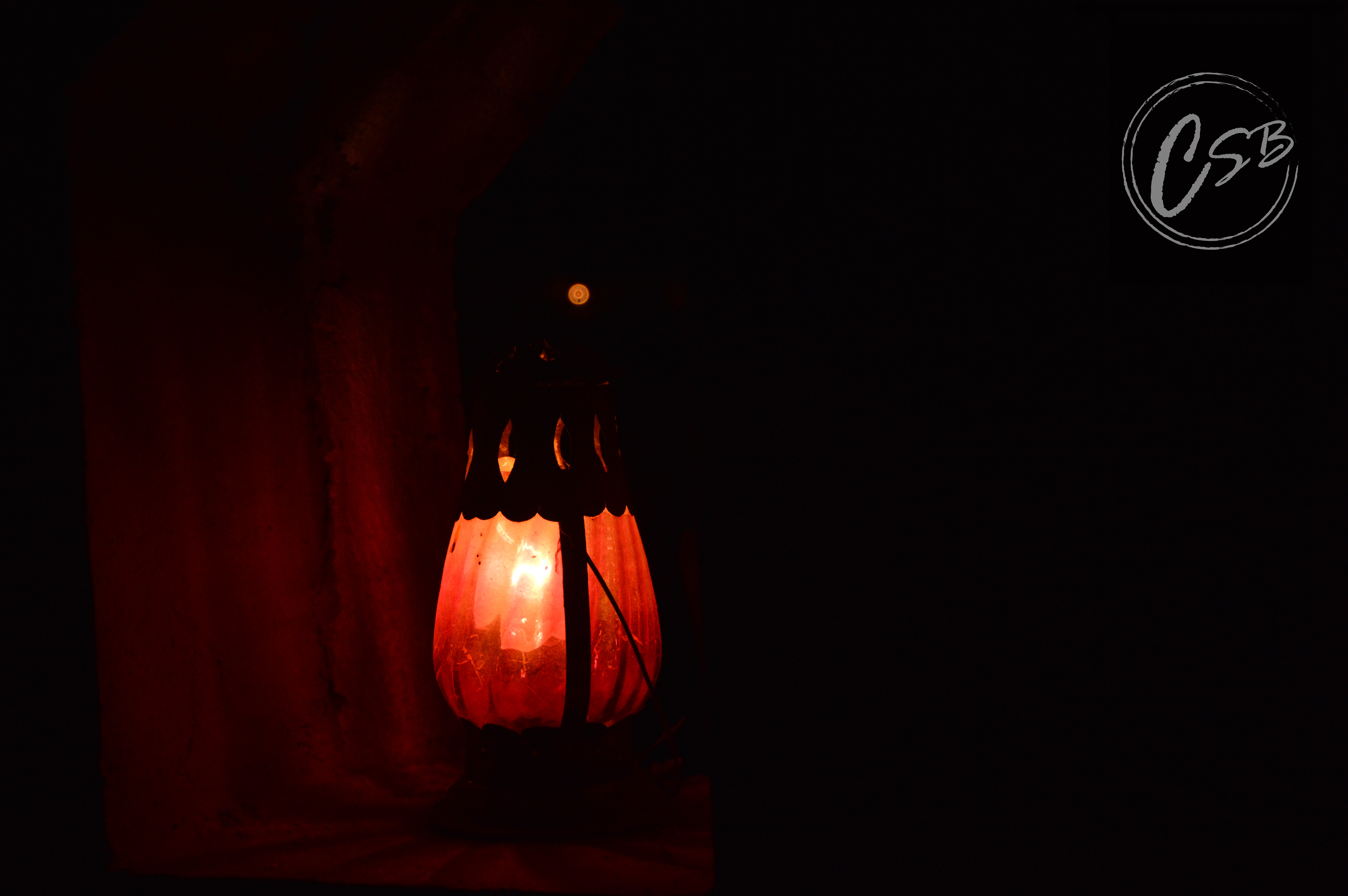

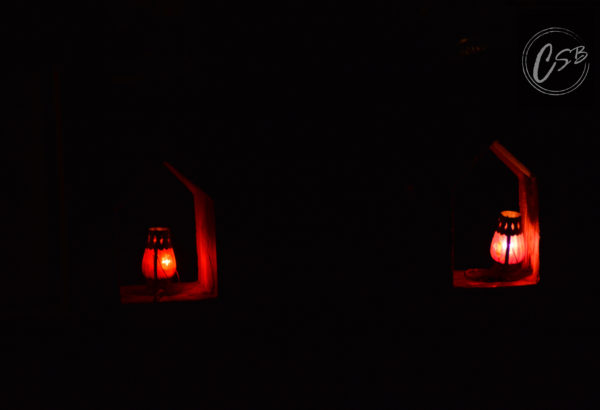
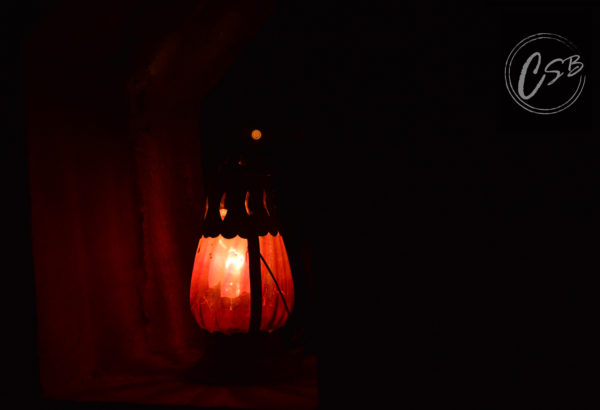
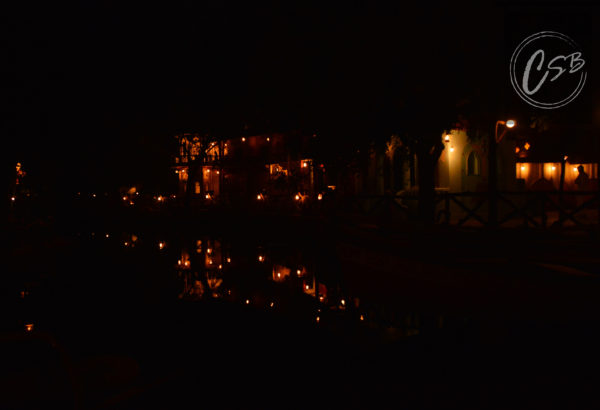
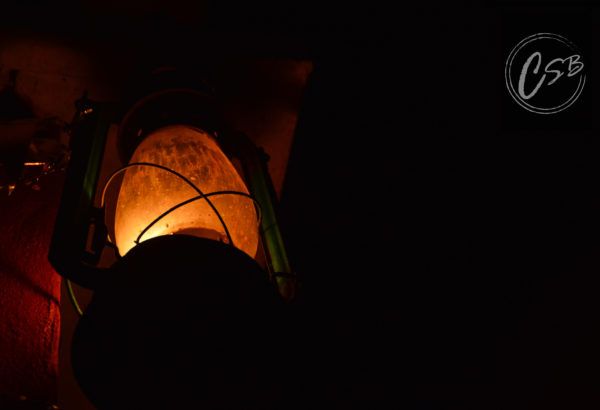
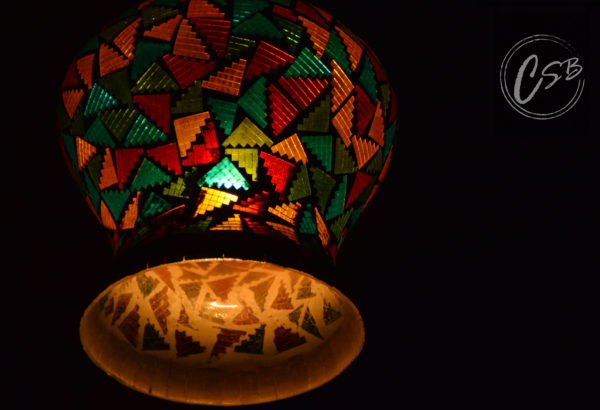
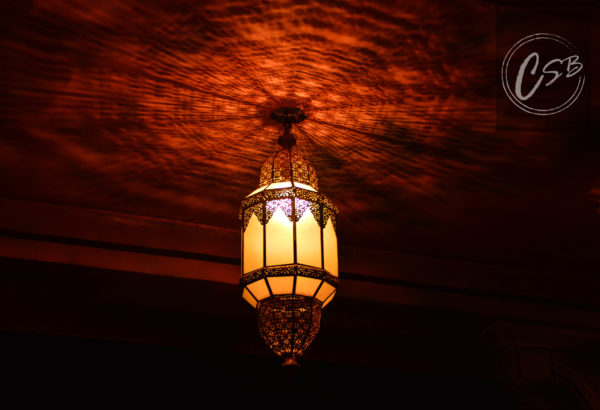
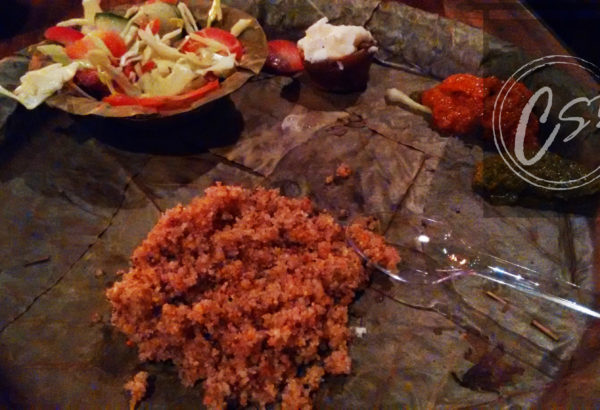
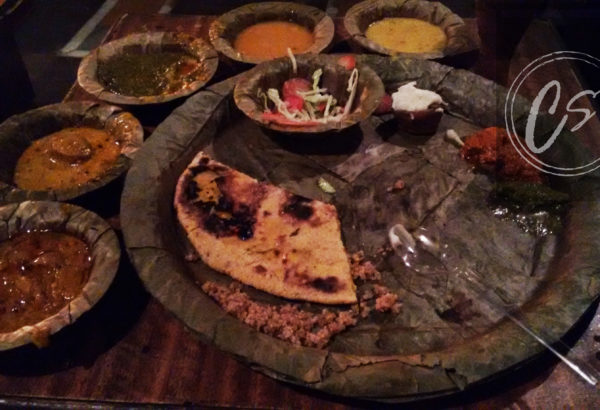
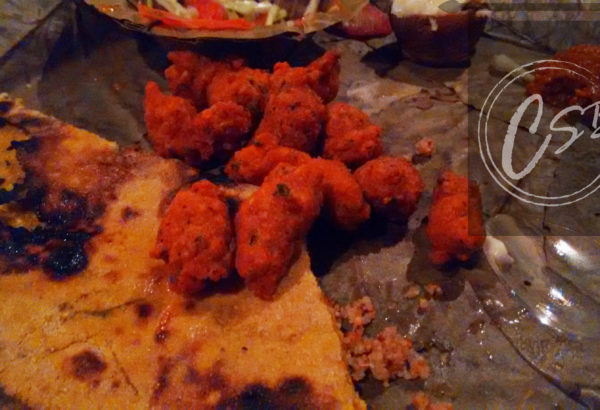



3 Replies to “Travel diaries – The pink city”